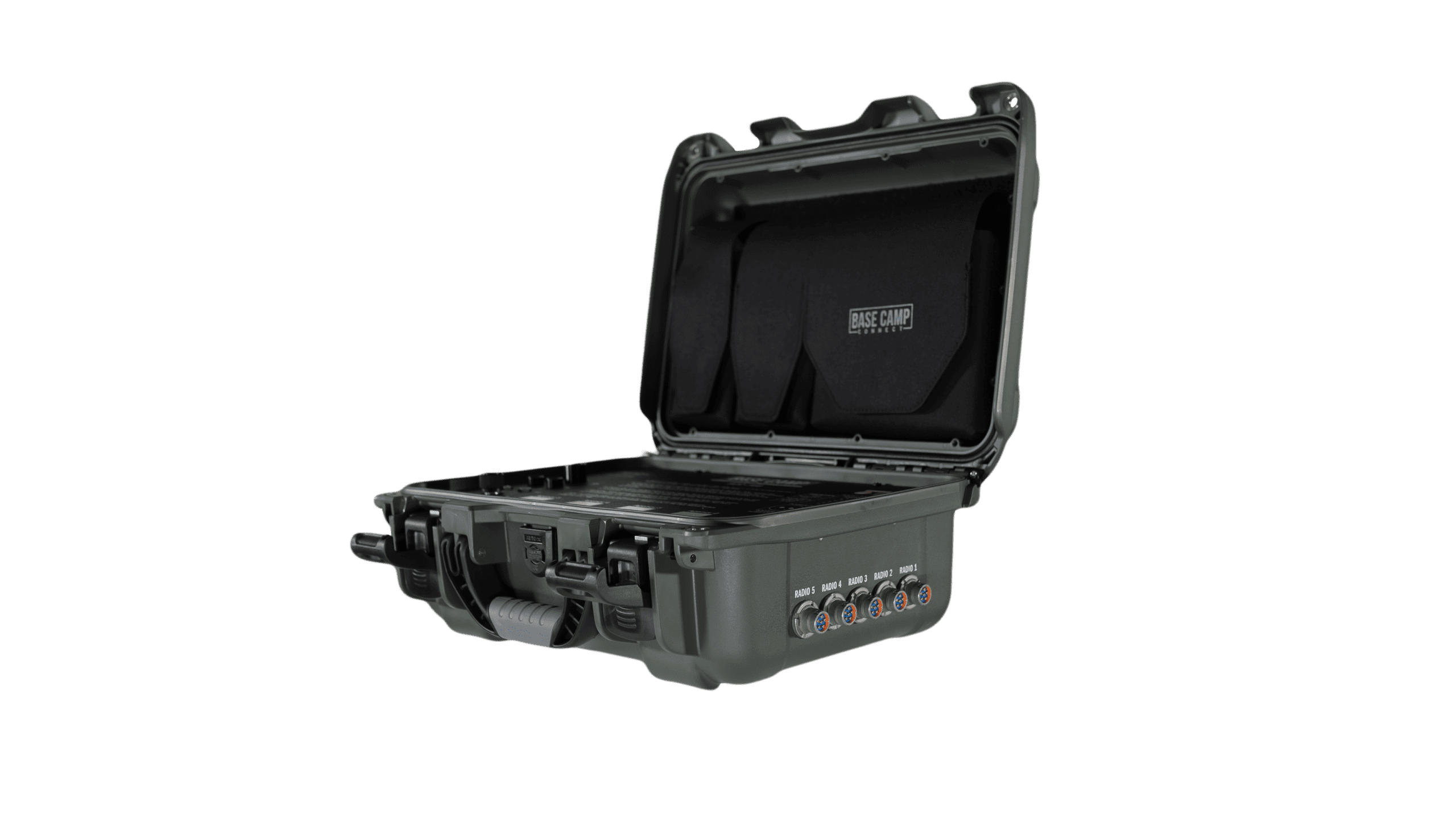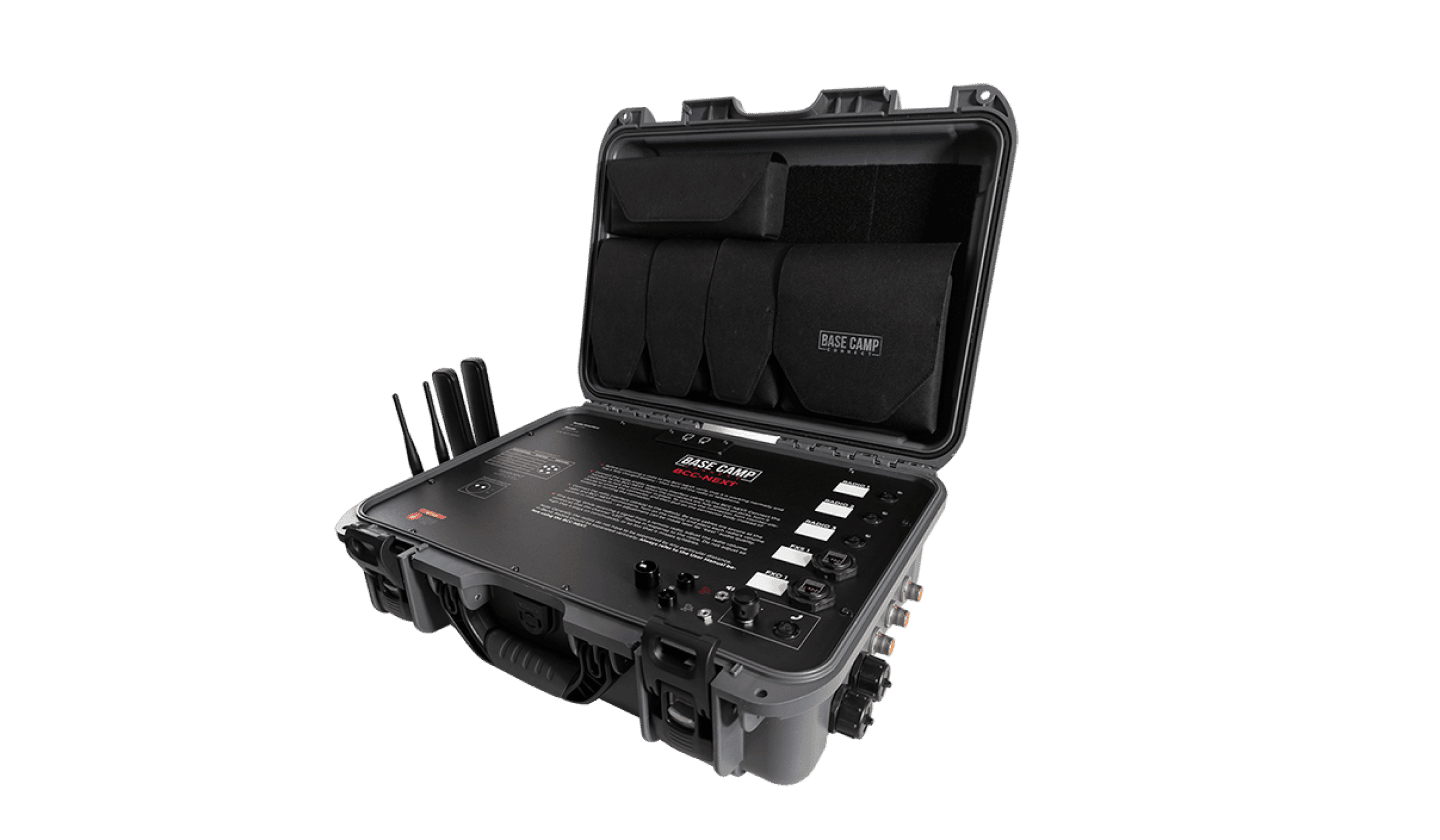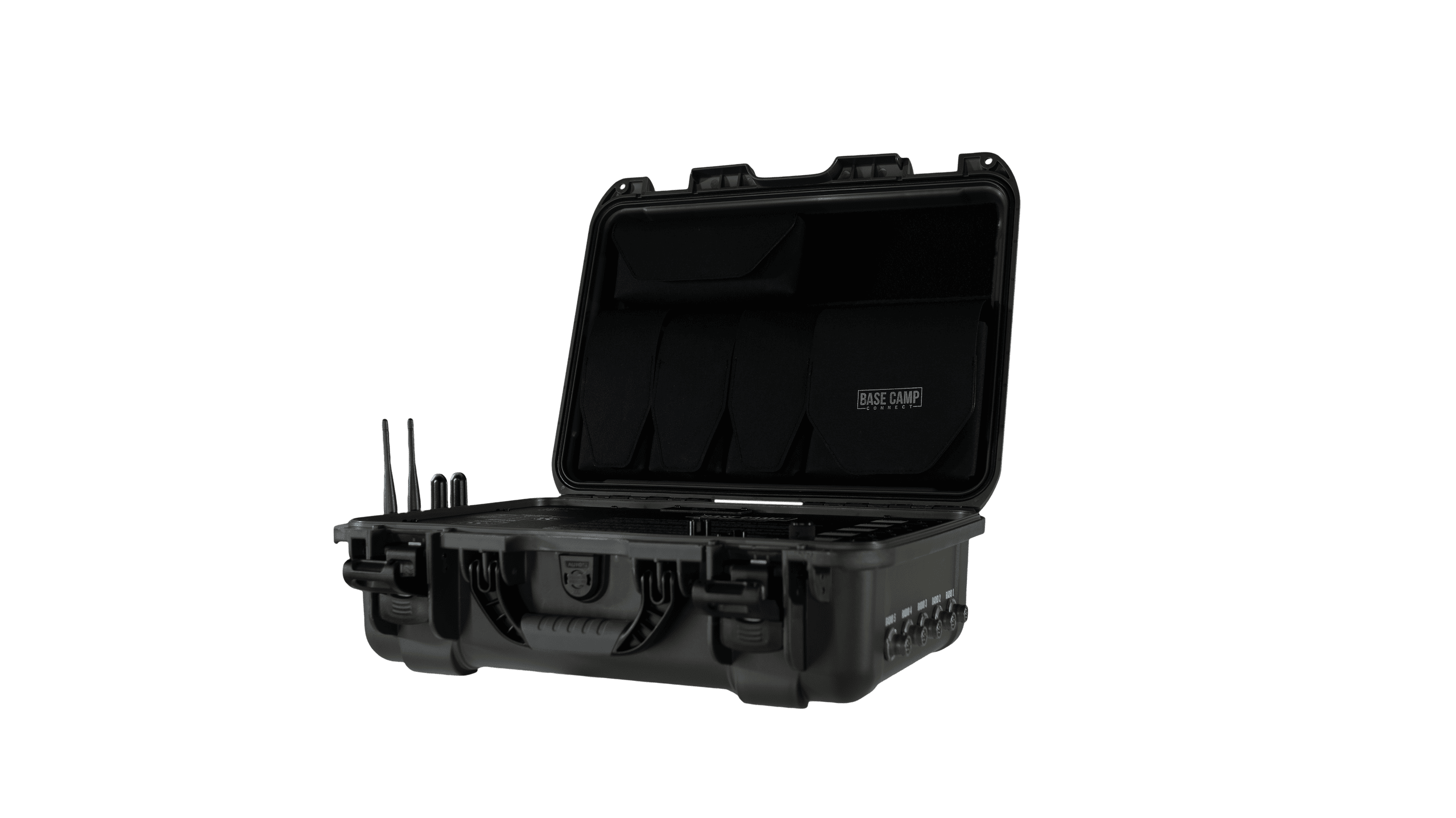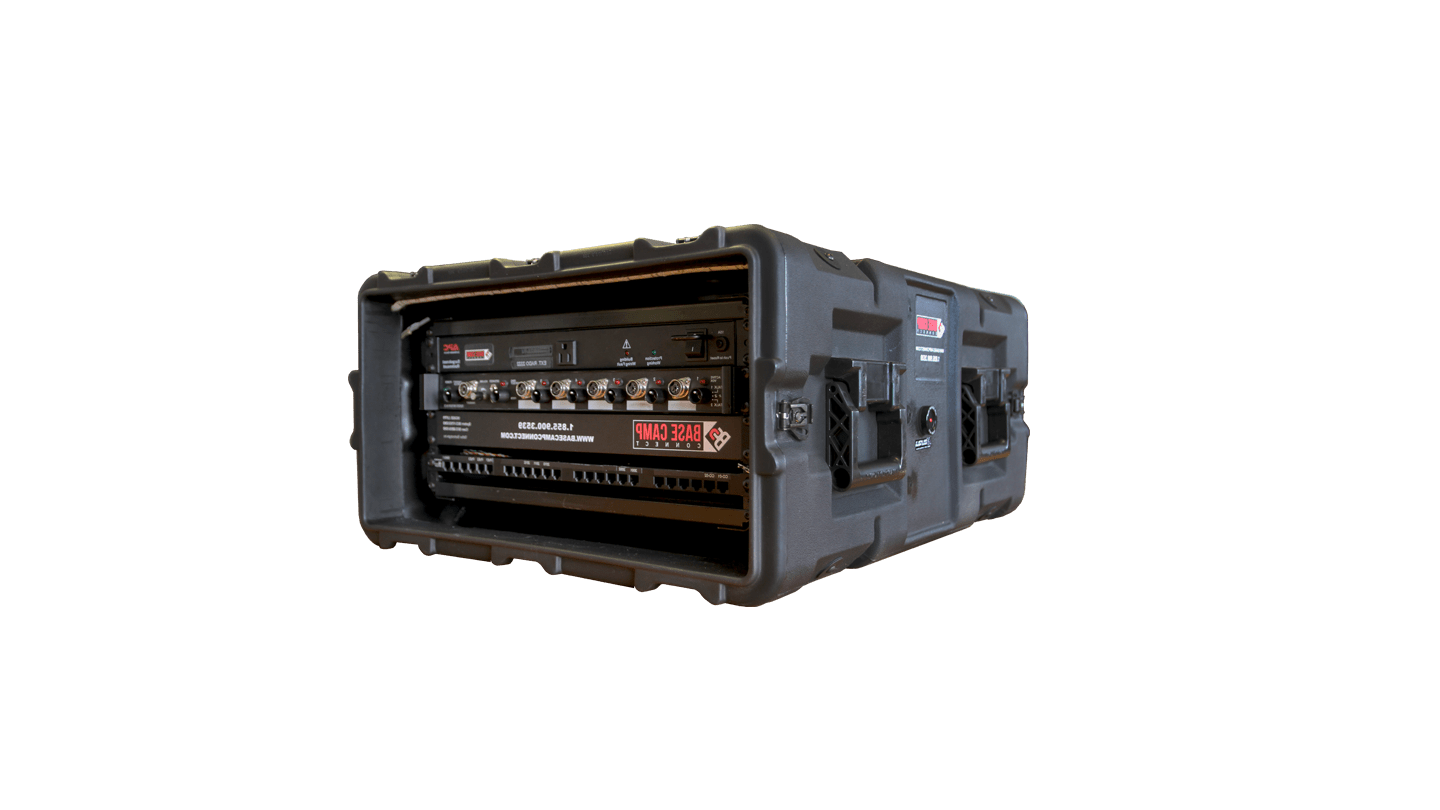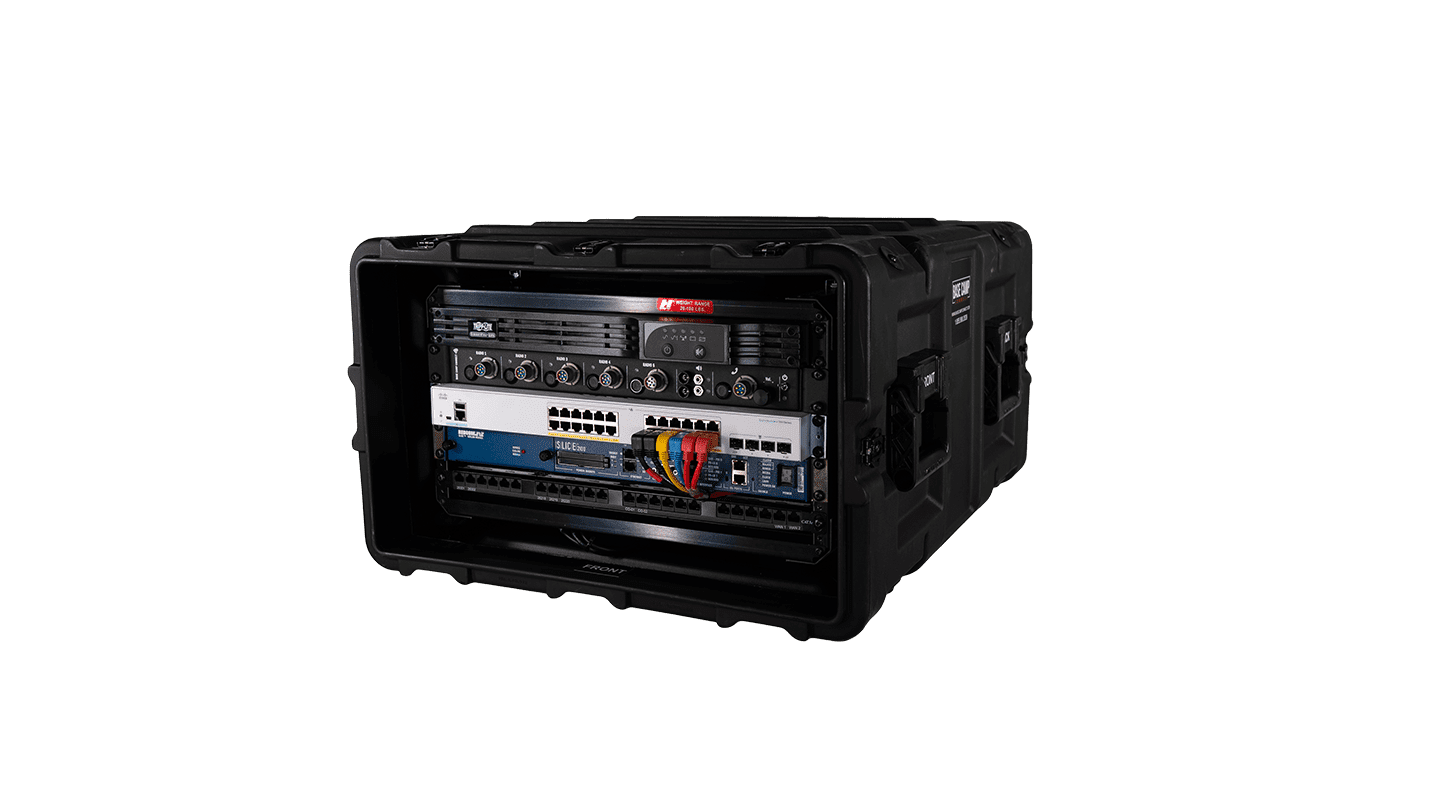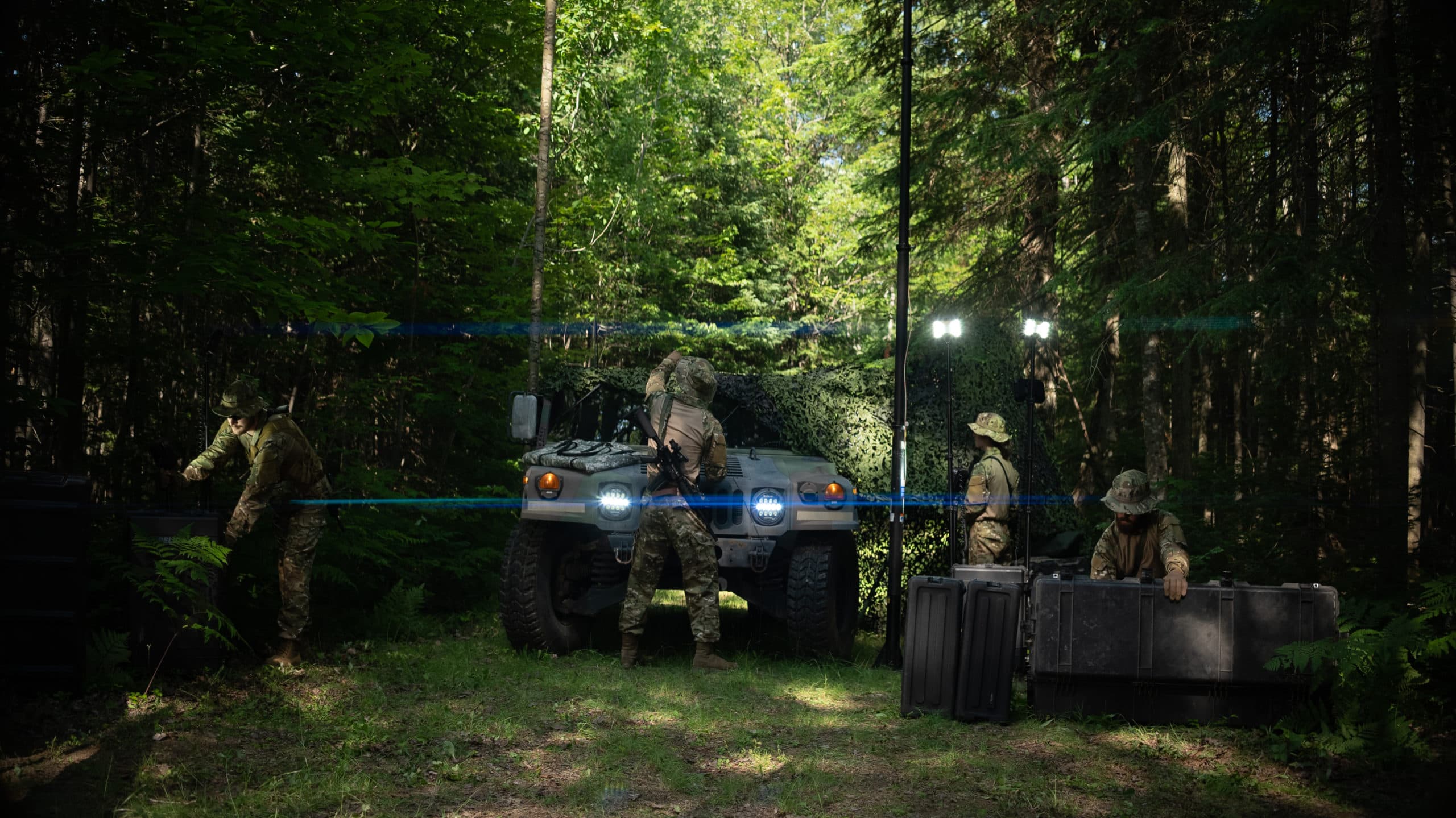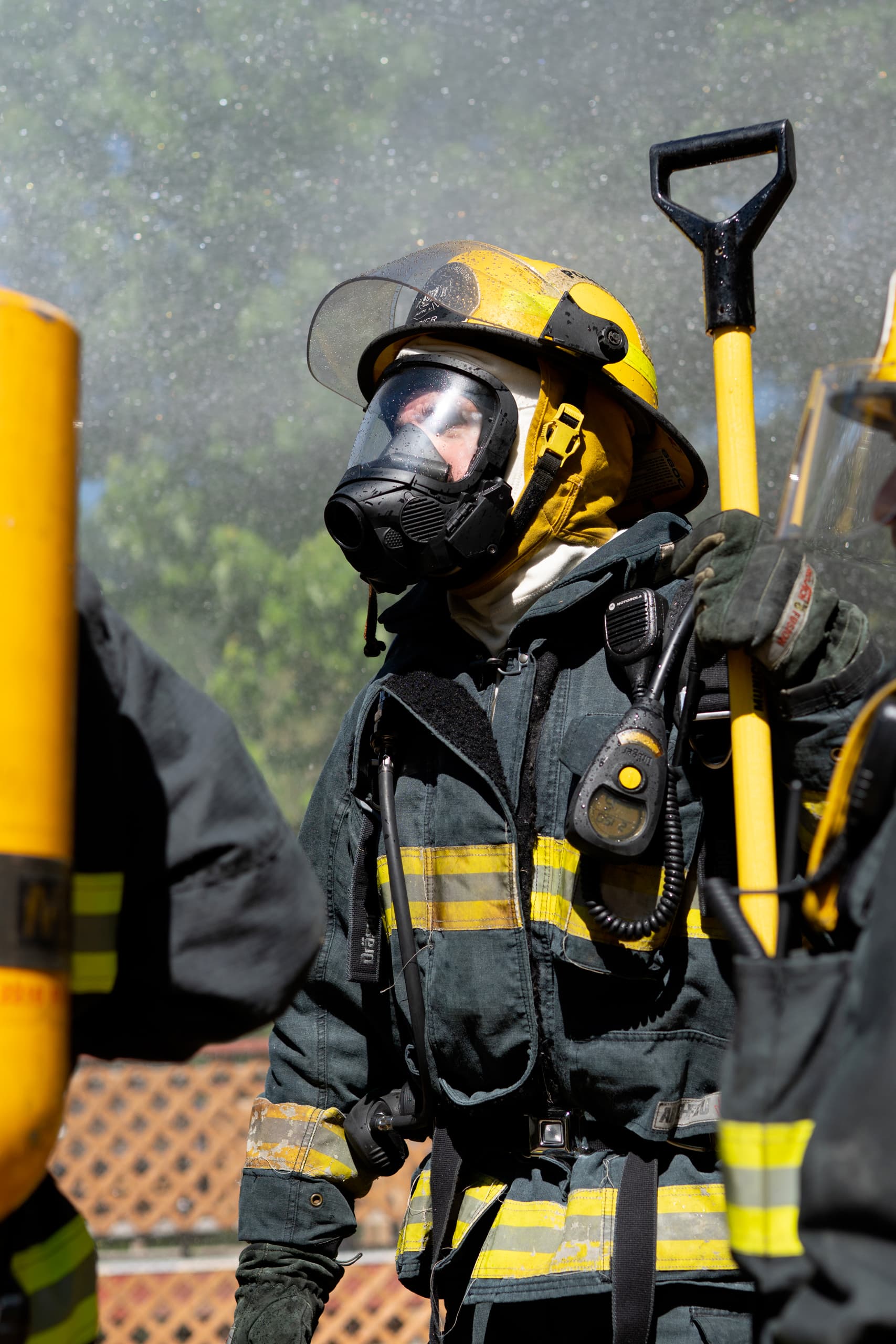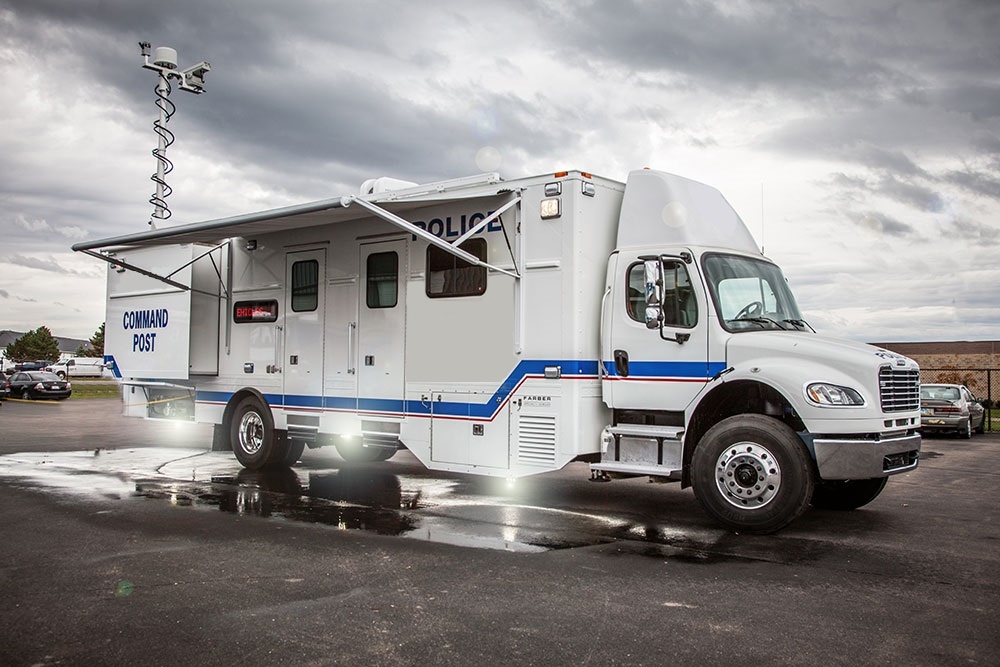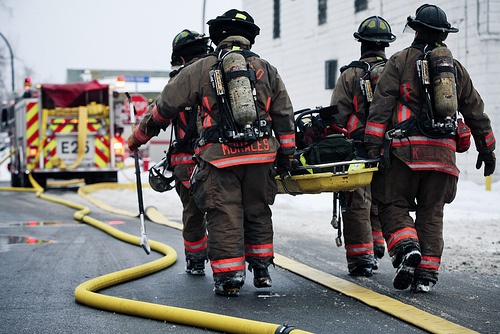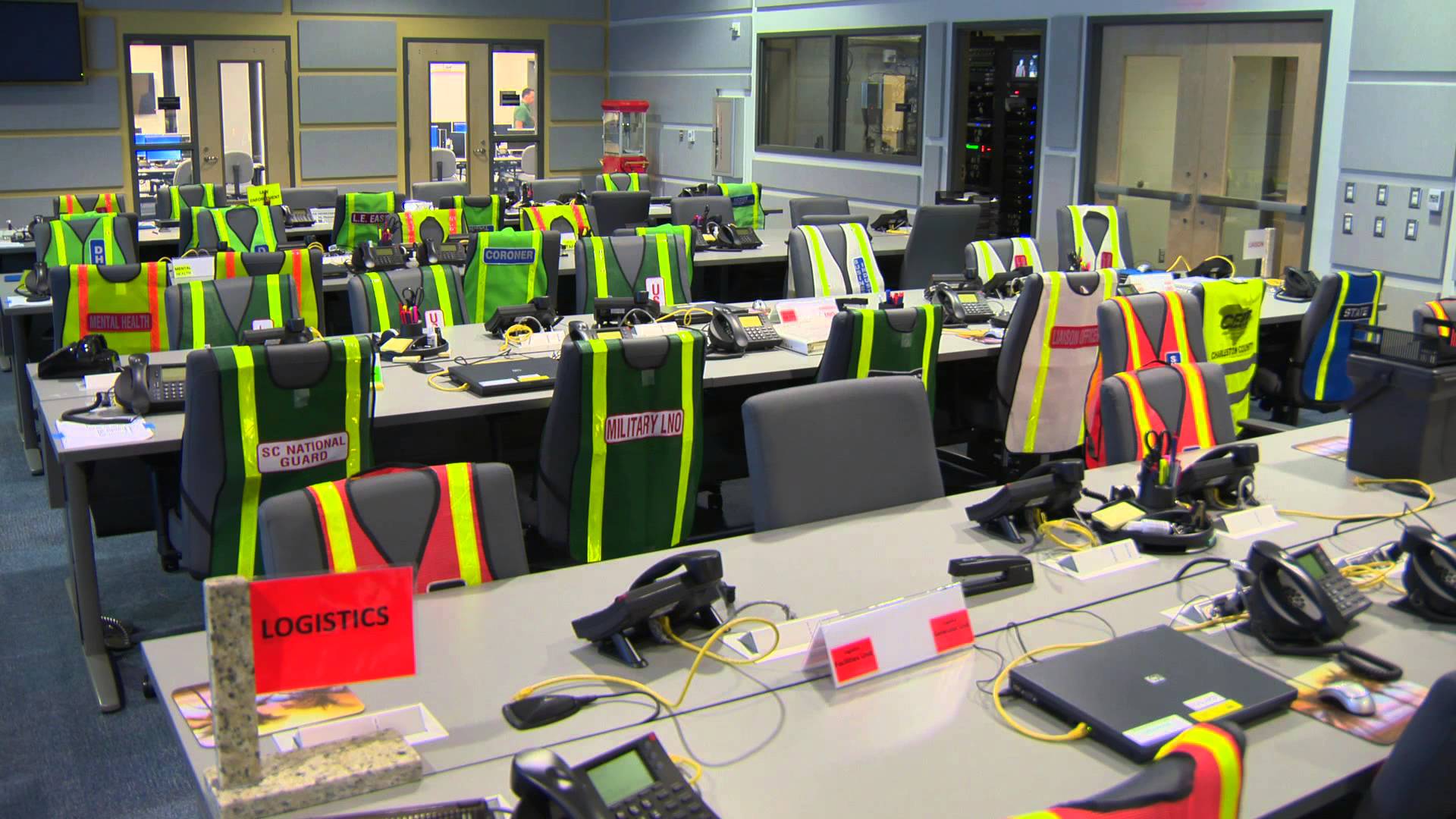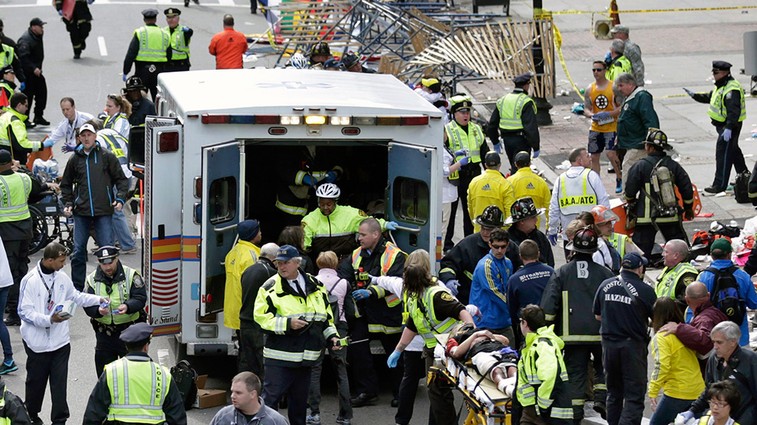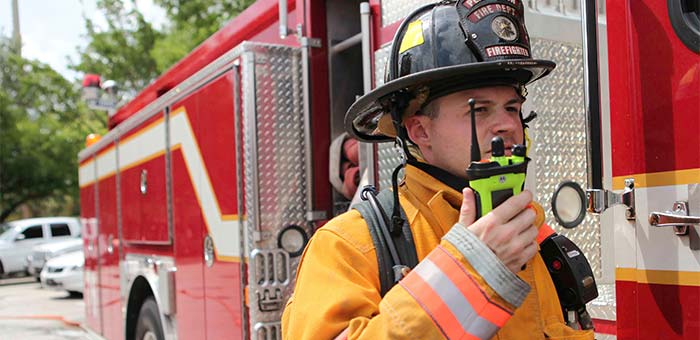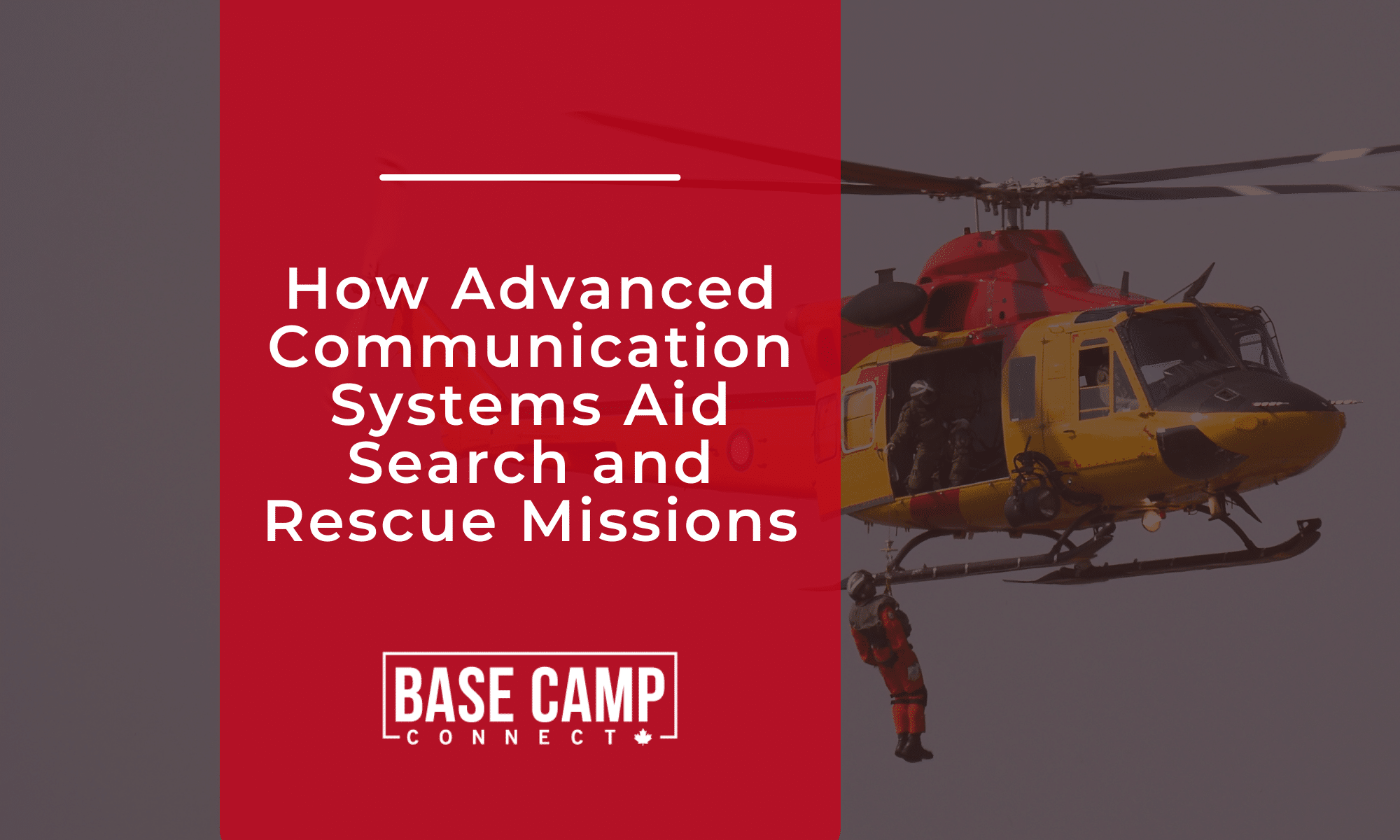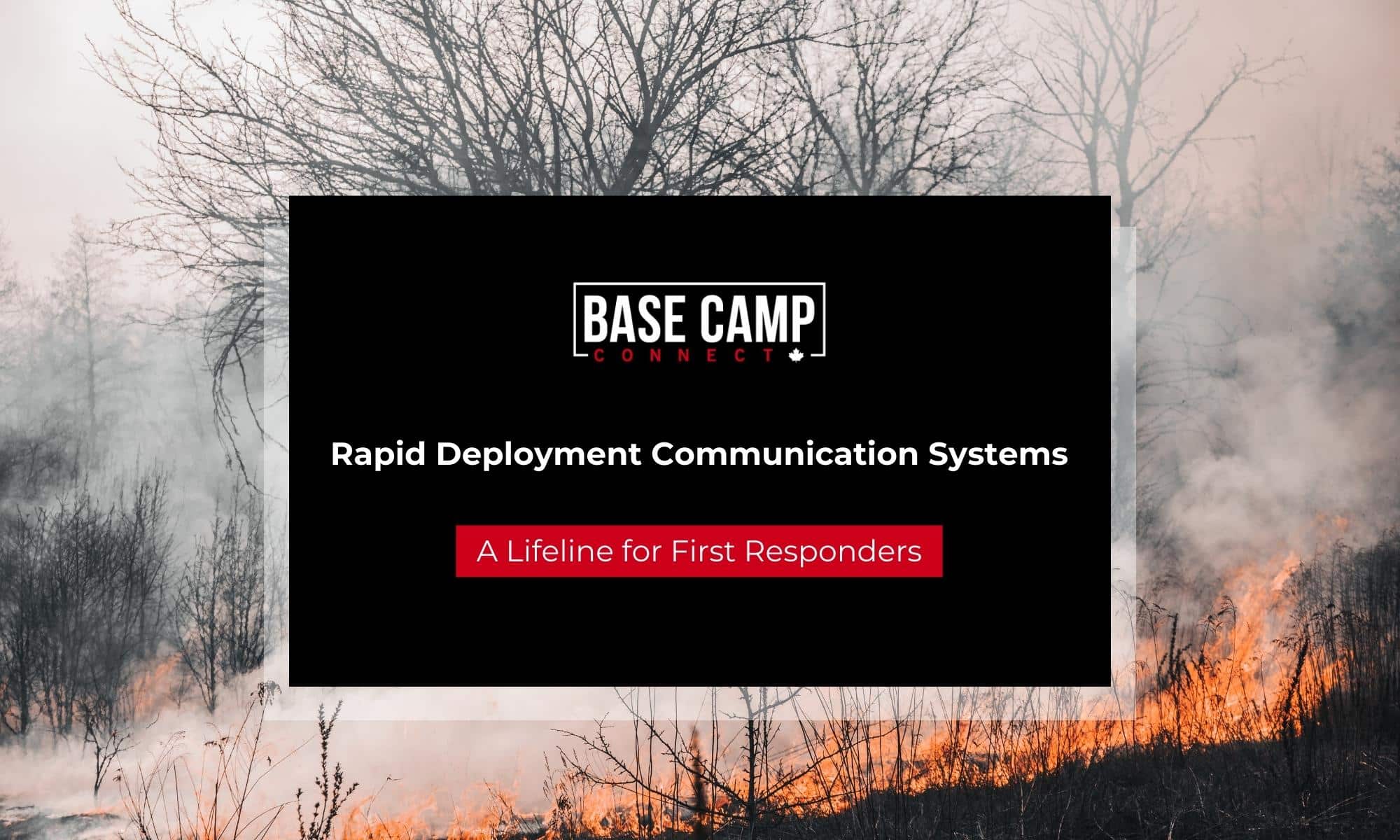2016 is almost over and we’re already working on new blog posts for 2017. In the meantime, here are the most-read stories on emergency management this year.
10 Questions to be asked before buying a Mobile Command Post
The first and most obvious question is WHY? Why do you need a mobile command post? What is the intended purpose for it; is it to be used by one department or will it be used by multiple departments. Is there another department or agency that already has a mobile center post available to provide its services when you need it? Not every department needs to have a state of the art command post.
Communications on the fireground are difficult at best when things are going right, now when you add a mayday incident into the mix, things can go terribly wrong in just a few minutes. There are many sides to the mayday communication incident that everyone needs to be aware of and must follow your departments SOP/SOG to ensure the fast response to those firefighters in trouble.
What happens when the emergency takes out your ECC/EOC ?
Operational Interoperability – An Emergency Management Must
With the ever-increasing complexity, frequency and breadth of emergencies, crises and disasters, the notion of interoperability between responding agencies and emergency managers is becoming exponentially more important than ever before.
5 Things that frustrate an Emergency Manager
The job of an emergency manager is twofold; the majority of their time is spent planning for things that may or may not happen and other small percent of the time is spent actually responding to other events. During the course of both of these timeframes, there will be a number of things that will test their will and fortitude to do the job and may even question why I even try to do this. Here is my hit list of things that have totally frustrated me during my attempts to develop these emergency response plans and the response to actual events.
If you have ideas of topics for 2017, feel free to share them in the comment section.
